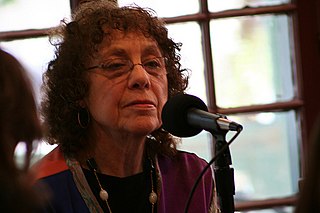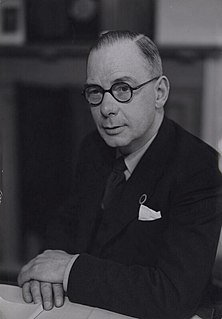A Quote by Friedrich Nietzsche
Those who are slow to know suppose that slowness is the essence of knowledge.
Related Quotes
I suppose I was lucky enough to be educated at a time when teachers still thought children could handle knowledge. They trusted us. Then there came a time when they decided that because not every kid in the class could understand or remember those things they wouldn't teach them anymore because it wasn't fair on the less good ones. So they withheld knowledge. Then I suppose the next lot of teachers didn't have the knowledge to withhold.
My first book, 'In Praise of Slowness,' examines how the world got stuck in fast-forward and chronicles a global trend towards putting on the brakes. That trend is called the Slow movement. 'Slow' in this context does not mean doing everything at a snail's pace. It means doing everything at the right speed.
Those who obtain riches by labor, care, and watching, know their value. Those who impart them to sustain and extend knowledge, virtue, and religion, know their use. Those who lose them by accident or fraud know their vanity. And those who experience the difficulties and dangers of preserving them know their perplexities.
Surely knowledge of the natural world, knowledge of the human condition, knowledge of the nature and dynamics of society, knowledge of the past so that one may use it in experiencing the present and aspiring to the future--all of these, it would seem reasonable to suppose, are essential to an educated man. To these must be added another--knowledge of the products of our artistic heritage that mark the history of our esthetic wonder and delight.
We travel, initially, to lose ourselves; and we travel, next to find ourselves. We travel to open our hearts and eyes and learn more about the world than our newspapers will accommodate. We travel to bring what little we can, in our ignorance and knowledge, to those parts of the globe whose riches are differently dispersed. And we travel, in essence, to become young fools again- to slow time down and get taken in, and fall in love once more.
[T]he essence of belief is doubt, the essence of reality is questioning. The essence of Time is Flow, not Fix. The essence of faith is the knowledge that all flows and that everything must change. The growing man is Man Alive, and his "philosophy" must grow, must flow, with him. . . . the man too fixed today, unfixed tomorrow - and his body of beliefs is nothing but a series of fixations.
Suppose that we are wise enough to learn and know - and yet not wise enough to control our learning and knowledge, so that we use it to destroy ourselves? Even if that is so, knowledge remains better than ignorance. It is better to know - even if the knowledge endures only for the moment that comes before destruction - than to gain eternal life at the price of a dull and swinish lack of comprehension of a universe that swirls unseen before us in all its wonder. That was the choice of Achilles, and it is mine, too.









































